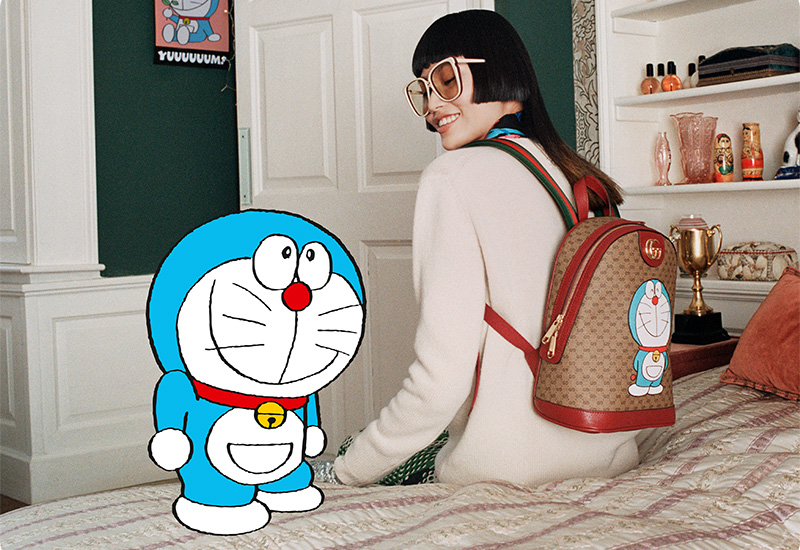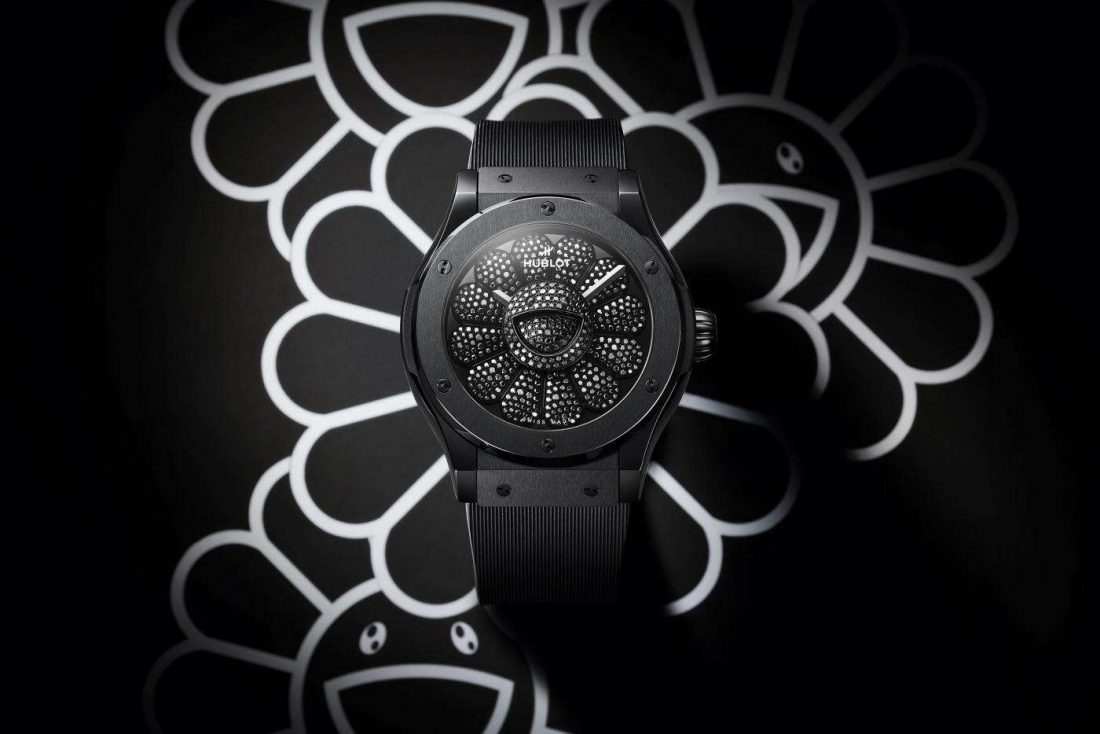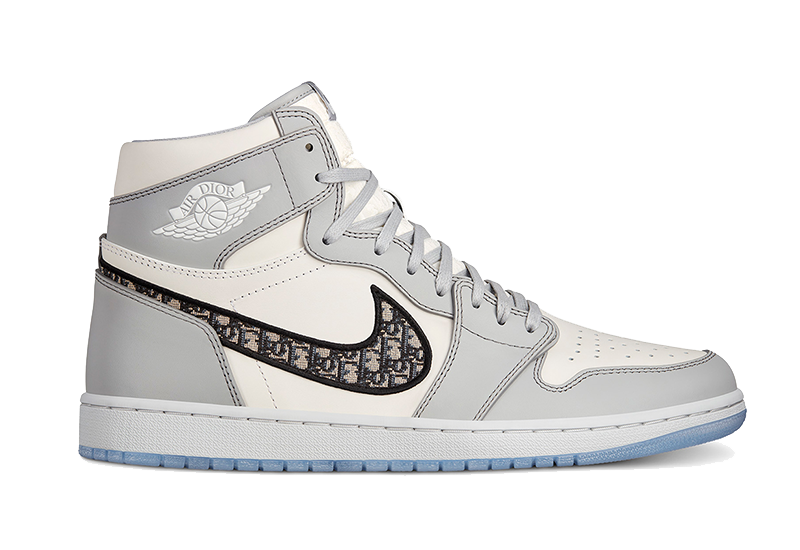
We know this. As educated, learned members of society who have formally or informally studied some form of economics at some point in our lives, we are taught that this is how the conglomerates and marketers of the world get us to part with our money. Yet, we fall for it. Despite our hardest efforts, we succumb to spending, buying, obtaining.
The pricier an item, the cleverer the methods. From watchmakers who only make a hundred or two of special edition timepieces, to fashion labels who cleverly come up with capsule collections commemorating a once-in-a-blue-moon occasion, the tricks are aplenty, and they keep coming up because they work. Just ask the guys at Supreme.
Even as we write and you read this, we know how redundant this all sounds – until we inadvertently find ourselves on the paying end of another purchase. And unfortunately for us, it’s not a cycle that’s about to end, not until we rise above our own sense of missing out, the all dreaded place of FOMO.

We want to be included
It all began, we like to think, at some insecure points of lives most likely during the teenaged years when having what everyone else has and being just like everyone else was the most important thing in the world. Bombarded with media and advertising telling us exactly what will make us just like everyone else sowed the first seed of want.
It starts with the need to feed our self validation and sadly, it doesn’t get any better. The stakes get higher as the age group increases, and so do the price tags of desired toys. Privileged players of the game quickly make the rules and the less privileged struggle to keep up. When they max out in the kindergarten playgrounds, they move on the bigger competitive fields.

Then we want to stand out
After a while of having what everyone has, wanting what they don’t becomes a lot more enticing. Enter the exclusive club of limited edition numbered releases and exclusive special occasion capsule collections. Got a never-before-done collaboration with an unattainable name to lend their star power? Even better.
One defining element of luxury is exclusivity itself so items that never make a second appearance and/or make its owners one of the very few people to be able to lay claim to possession is the way to go. One can argue that there is a small underlying truth of true appreciation for the product, but how much more is driven by inferiority?
Some products are debatably attractive, which brings the question of whether there is true art in the creation, or just a bandwagon brands are jumping on to be seemingly unique. If you’re a big enough brand, consumers nonetheless lap it up.
In these cases, FOMO is tapped into once more, evolving from wanting everything to now wanting only the best that others can’t have.

It’s not you, it’s me
Buying in itself is healthy – it boosts the economy, it provides wage to millions in the lines of production, marketing, creation and more in a huge ripple effect of economics and it is even a form of self expression should one be buying things that truly, authentically speak to them.
One shouldn’t be made to feel bad about spending, especially if you can afford it and have earned it. Then why do we? Why is it that we still feel a twinge of guilt when we allow yourselves another purchase of want?
Perhaps that opens up another can of worms in relation to self-validation, this time in the area of self-esteem. Either way, there’s always retail therapy to help salve things.






